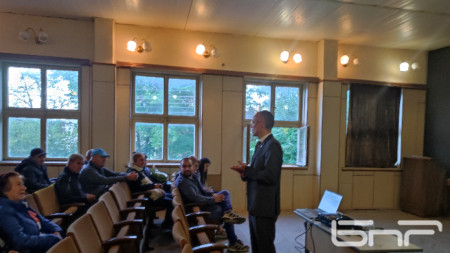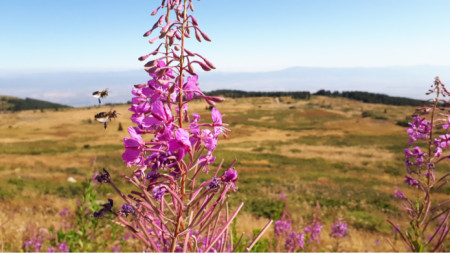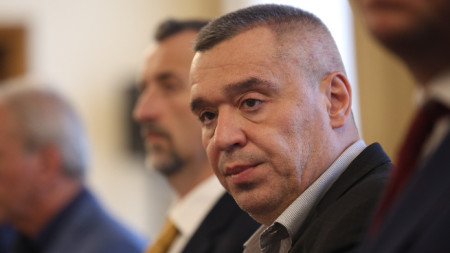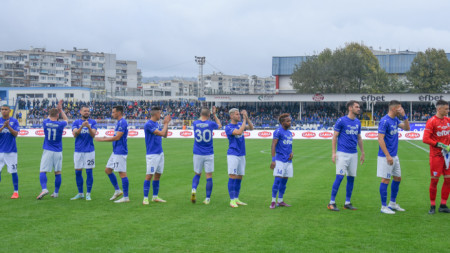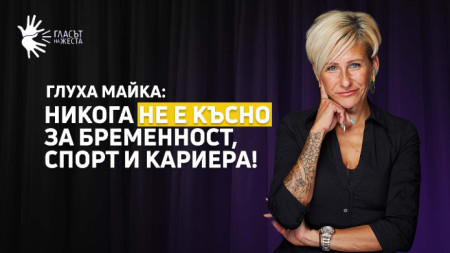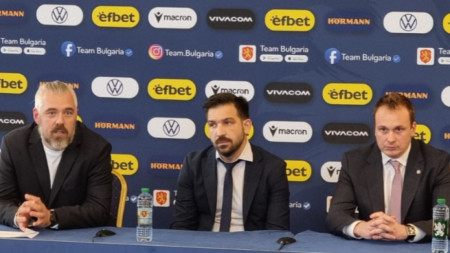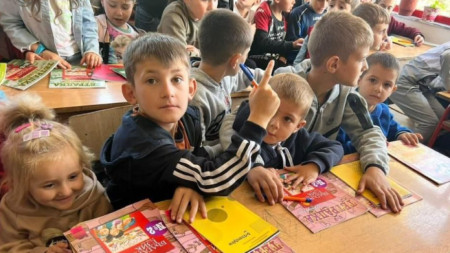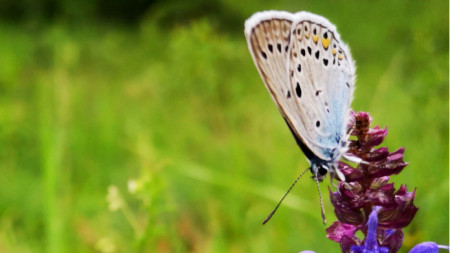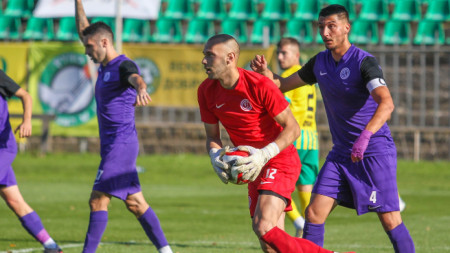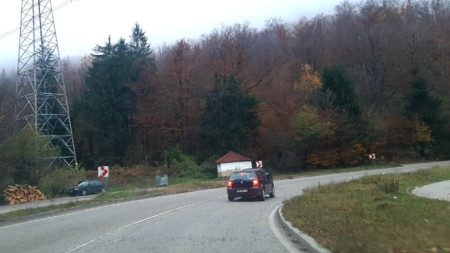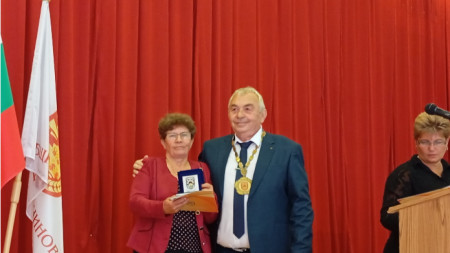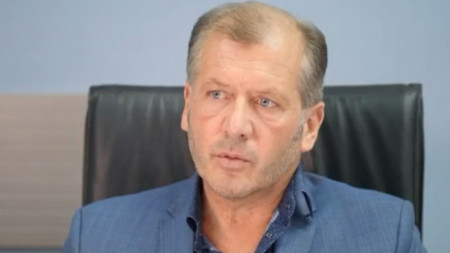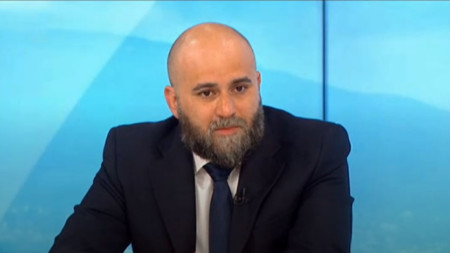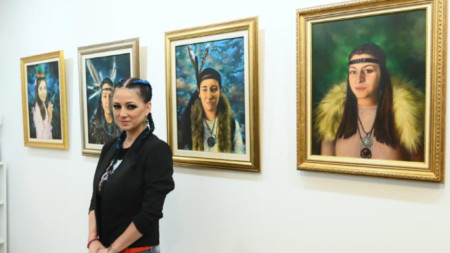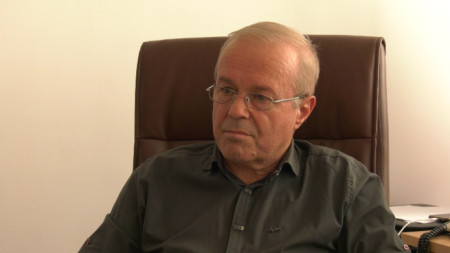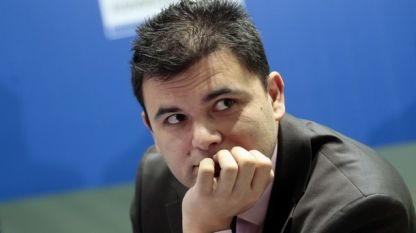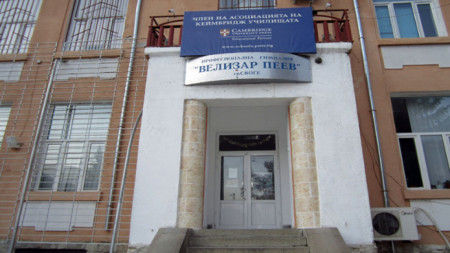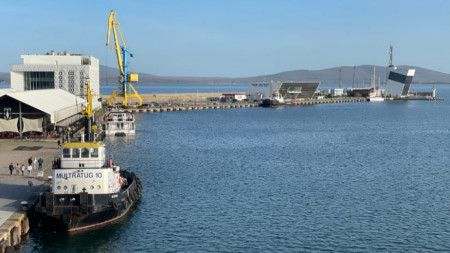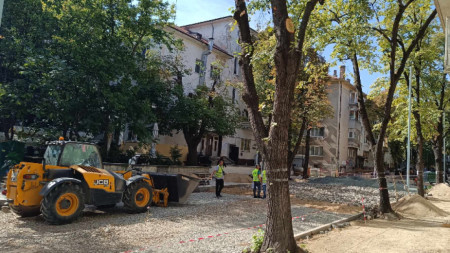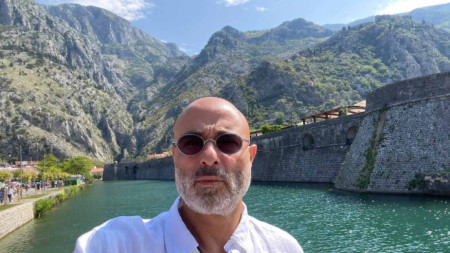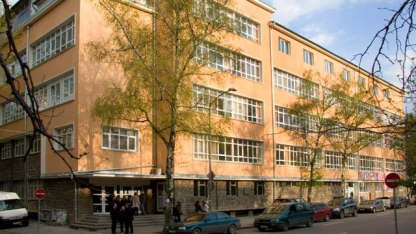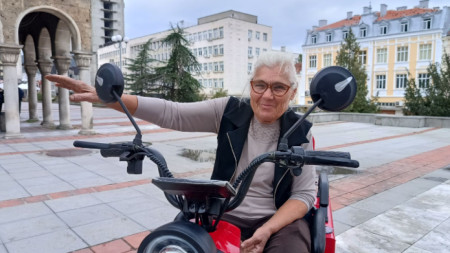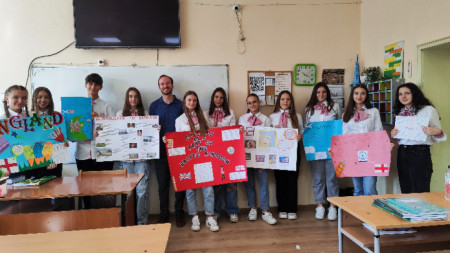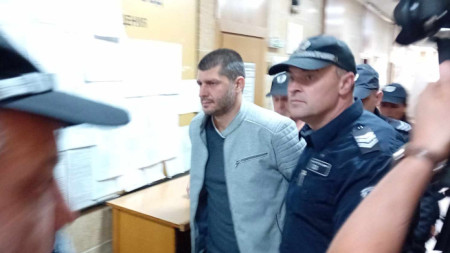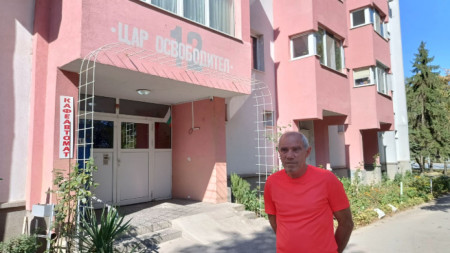The marketplace as a cultural phenomenon yesterday, today and tomorrow
A documentary and an exhibition remind us of the unique atmosphere of Sofia's traditional markets and the stories time holds about them
публикувано на 07.10.24 в 19:25
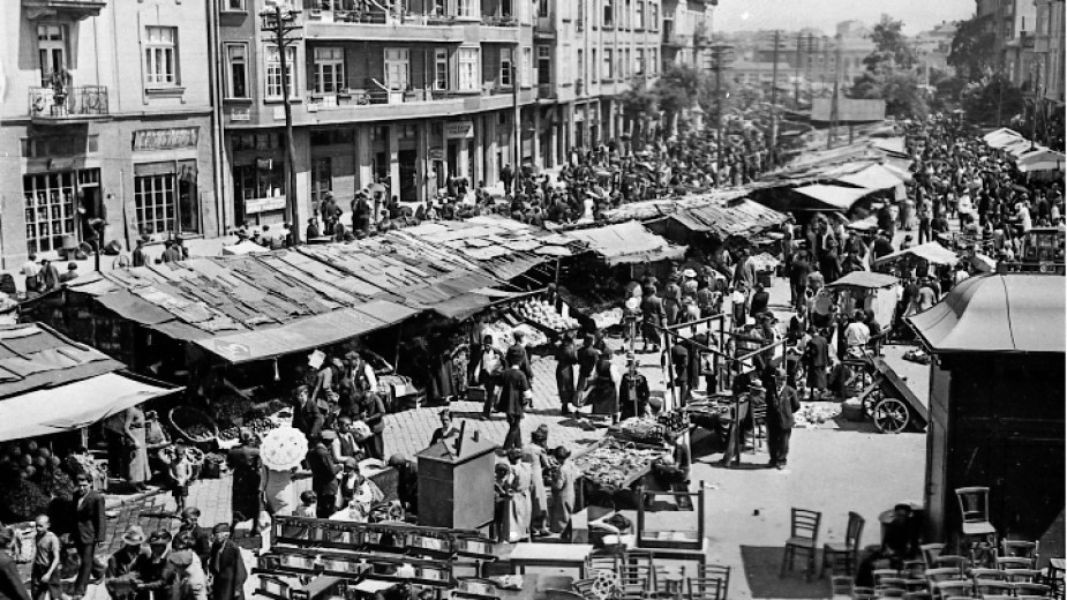
One of the most colourful and intriguing places of any city, town or village is its marketplace. Whether it is a daily event or happens on a special day of the week, whether there are specifics to the produce it offers or not, the marketplace is a cultural phenomenon that has accompanied human history and the evolution of human society for centuries. And the flavours, experiences and stories these places give us could mark our lives forever.
Nowadays, when even the most ordinary household commerce is only a click away or a few minutes away in the nearest hypermarket, does this mean that the market as a physical place might disappear in Bulgaria? The team of Studio 24, headed by director Ekaterina Minkova and political scientist Dr. Georgi Prodanov, is looking for an answer through the project "The disappearing market as a cultural phenomenon".
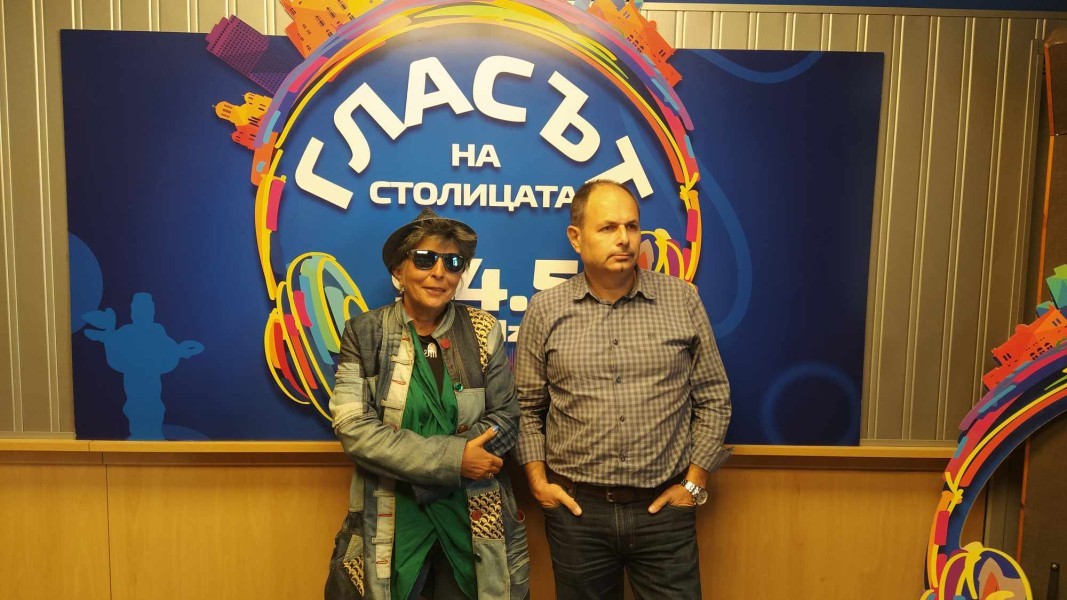 Initiated in 2023, the project is funded by the National Culture Fund under the "Creation" programme, as its main task is to produce a documentary about Sofia's major marketplaces and their impact on the city, through the landmark shopping places, the shortages, the fashion and the goods sold.
Initiated in 2023, the project is funded by the National Culture Fund under the "Creation" programme, as its main task is to produce a documentary about Sofia's major marketplaces and their impact on the city, through the landmark shopping places, the shortages, the fashion and the goods sold. The film is to be screened to the public by the end of the year, and the end of the project itself will be celebrated with an exhibition of the same name at the Serdika Gallery in the heart of one of the main "characters" - the Women's Market (in Bulgarian the "Zhenski pazar") in Sofia.
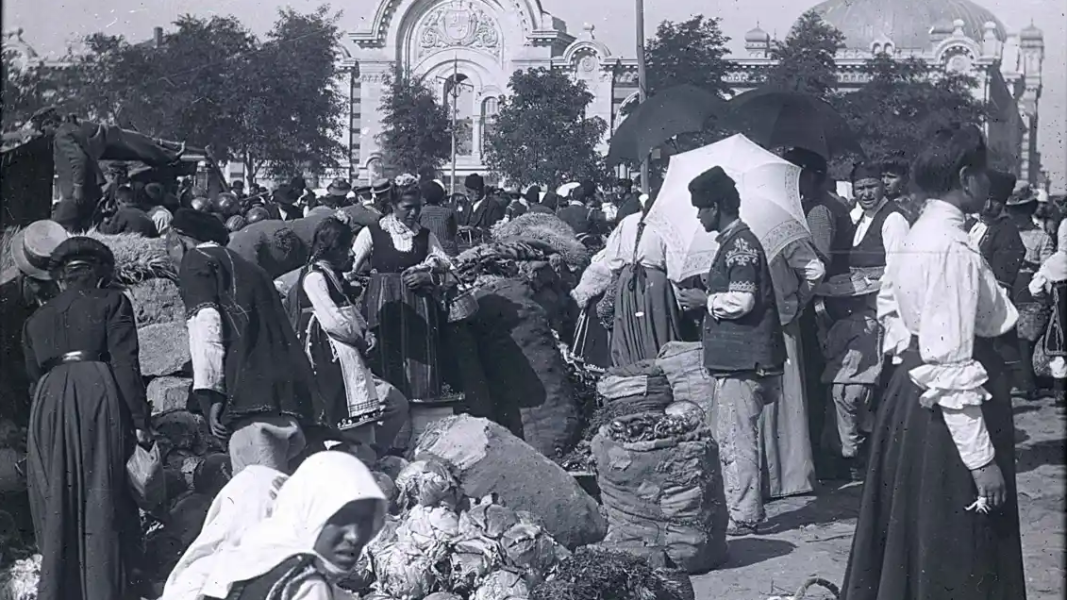
From 8 to 26 October, the exhibition space will feature old, archival photographs of iconic shopping markets in the Bulgarian capital. Georgi Prodanov says of the images that most were taken by foreigners who passed through Bulgaria and were strongly attracted by the local markets. Many of these photos are from the first half of the 20th century.
In the exhibition visitors will be able to see human figures of sellers and buyers from different eras, made from old photographs, and on a tablet every visitor will be able to see five short films, made by five directors - Vanya Ivanova, Silvia Pesheva, Stefan Stefanov, Ina Vladimirova and Ekaterina Minkova. The stories in them are part of the raw material shot for the feature film.
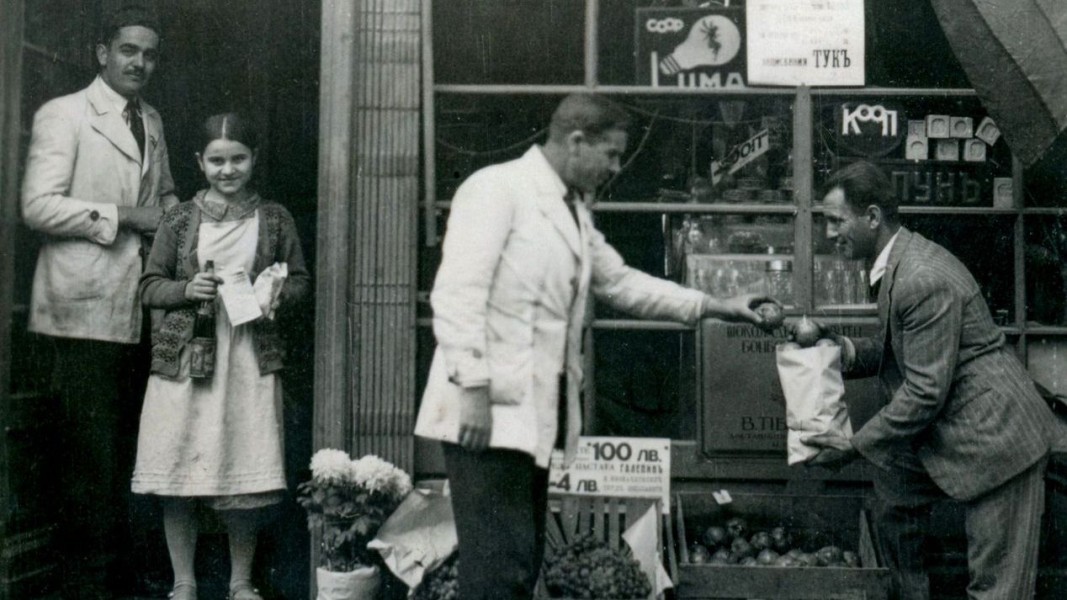
"The marketplace is not just a place to shop and never has been. The romantic notions of it from the early 20th century - it's not just about the things one goes to buy, because the market also includes attractions and interesting characters, and the opportunity for countrymen to meet. It is a specific way of communication and of festivity, I think," Ekaterina Minkova, director of the feature-length documentary, said in the studio of Radio Bulgaria.
The film title has not yet been finally chosen, but one thing is certain - part of the film's sound design will represent "art for art's sake" through the work of Mariana Valkanova, an emblematic name in Bulgarian cinema, music designer and sound designer. Valkanova's archive of audio recordings of markets from different periods, which she has used to score other films throughout her career, in their entirety represent a collection of sound memories from past lives, stories and pages from our own existence.
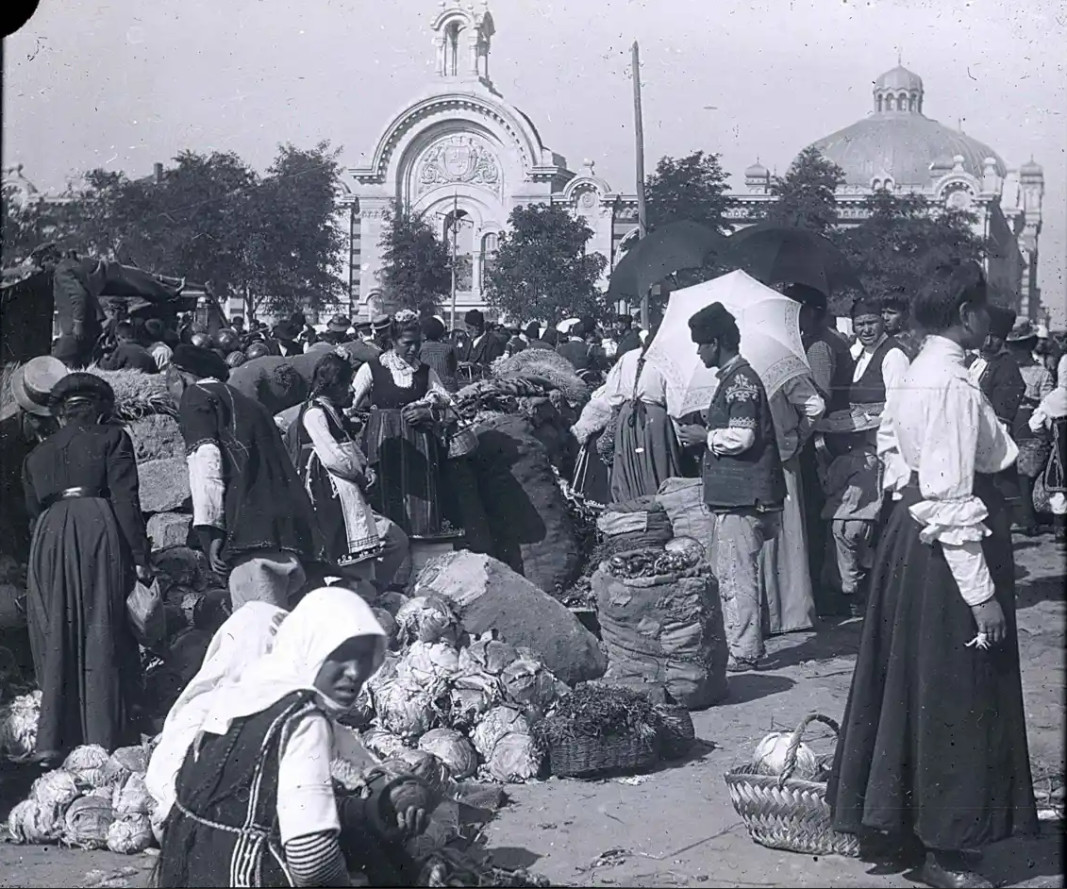
"Markets are interesting because they allow different worlds to come together. Whether we are talking about the 19th century, the 20th century or now, the market is the only place where a millionaire and a man who has pennies in his pocket, a man with several degrees and a man who cannot write his name can spontaneously meet", specifies the scriptwriter of the project, Dr. Georgi Prodanov. "And this gives rise to a special atmosphere in these places. it is therefore a serious not only creative but also intellectual challenge to explore the meanings of the marketplaces. The reasons why people visit them and the ways in which the market itself creates an environment and that environment in turn begins to influence and change people."
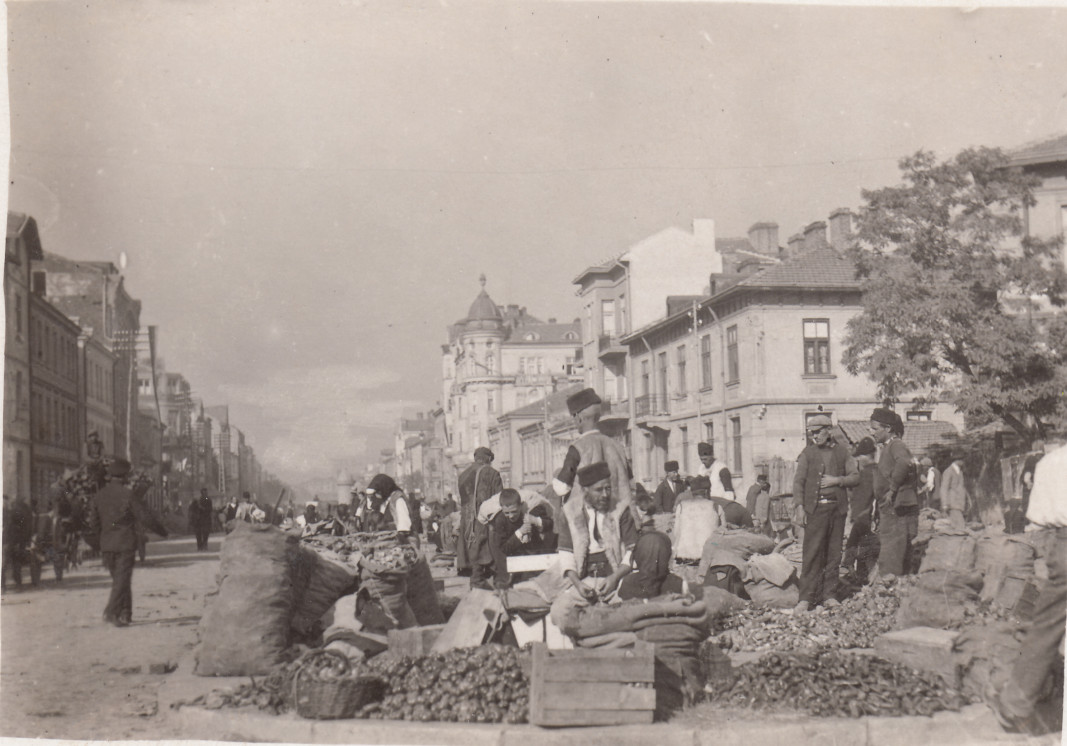
We're not looking for specific periods, we're looking literally for photographs that tell stories about time and life, admits Dr. Georgi Prodanov. For this reason, the project's protagonists are the professor of the history of modern culture Alexander Kyosev and the historian and journalist Albena Shkodrova, as well as the three sisters Lili, Laura and Blagorodna, who remember their childhood in the market, Bai Georgi - the son of the cartman, and Steve - a foreigner who came to Bulgaria in 1988, who after his first tour of the Women's Market said to himself, "These are my people." And to the vendor who still remembers the date he came to Sofia and the Women's Market.
The film will also give us interesting perspectives on another significant place for our capital, especially during the transition - the so-called "bitak" (flea market) and its history. "Is it the goods that are sold there or the stories?" will be one of the first questions you will ask yourself.
"My personal opinion about the "bitak" is that if during socialism it was a place where some forbidden things reached us that we didn't have free access to, like jeans, cassette tapes and posters of our favourite bands, now the flea market has been redefined. It's kind of like a time machine. There's already small junk in there, very often from the socialist era, some now forgotten things or pieces of things. I think that in its current form the "bitak" is not for everyone."
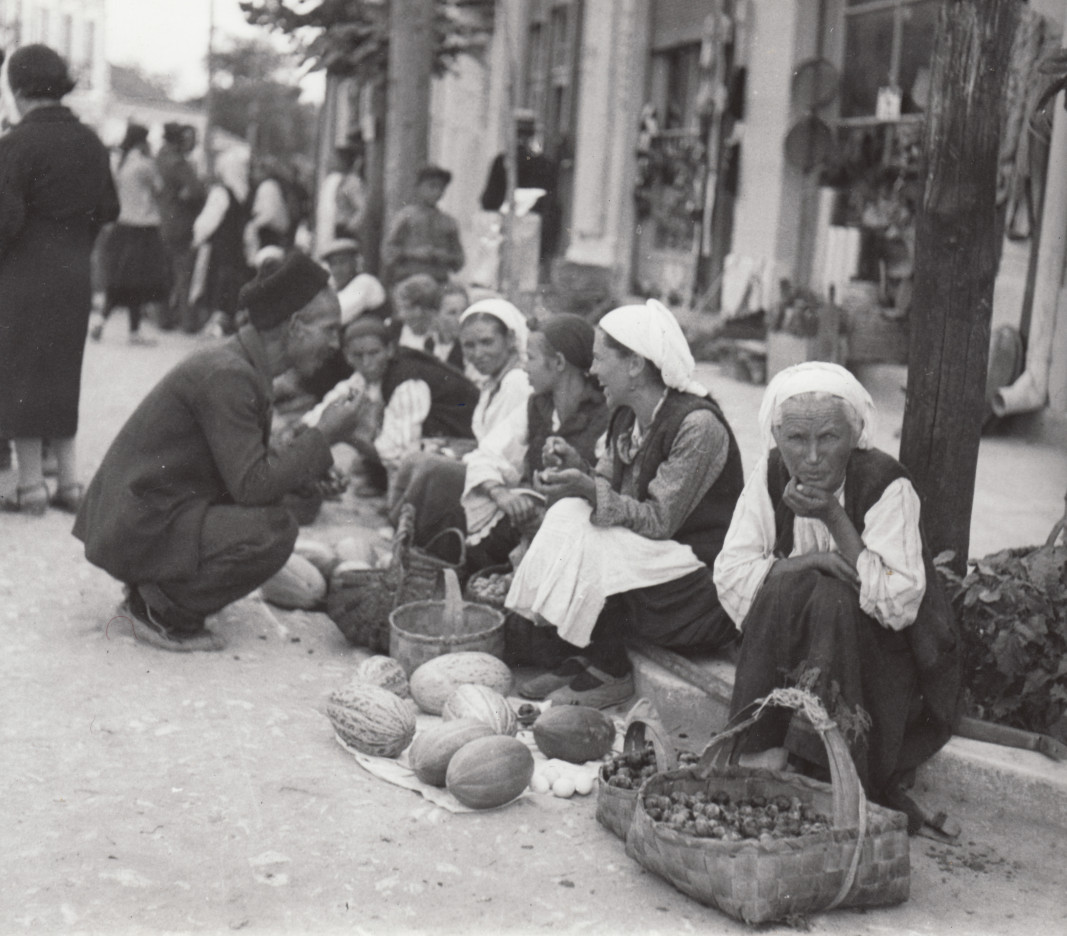
The market is a living organism that disappears and reappears at the same time and on a daily basis, says Georgi Prodanov:
"I am not sure if the understanding that we are on the edge of the Orient here is valid for the markets in Bulgaria. In fact, the mass perception of the markets is influenced by films and stories about the oriental markets of the Ottoman Empire. I think that in fact the relationship is the same in the west and in the east. Everywhere you can meet people who are addicted to markets, people who communicate through them. We Bulgarians are not as colourful and attractive as, say, the markets to the East of us. At the same time, we are not as poor in relationships as some of the markets in the West. I wish after watching our films people would take a walk in the places we talk about. You won't get that experience in any hypermarket.
There you have it, back to being able to choose, relying on your senses, not so much on the packaging. Every time you go to the market you are put in a different situation, which for these years we are living in is an opportunity to change for a moment the attitude and the way we perceive the world and to see that there is something else around us.
"What's changing, and for me is the problem in the marketplace, is the fact that more and more people are out there selling things they didn't produce themselves. That's changing the buyer-seller relationship. And in that sense, the market is disappearing, because ultimately the big retail chains are doing the same thing", says Georgi Prodanov.
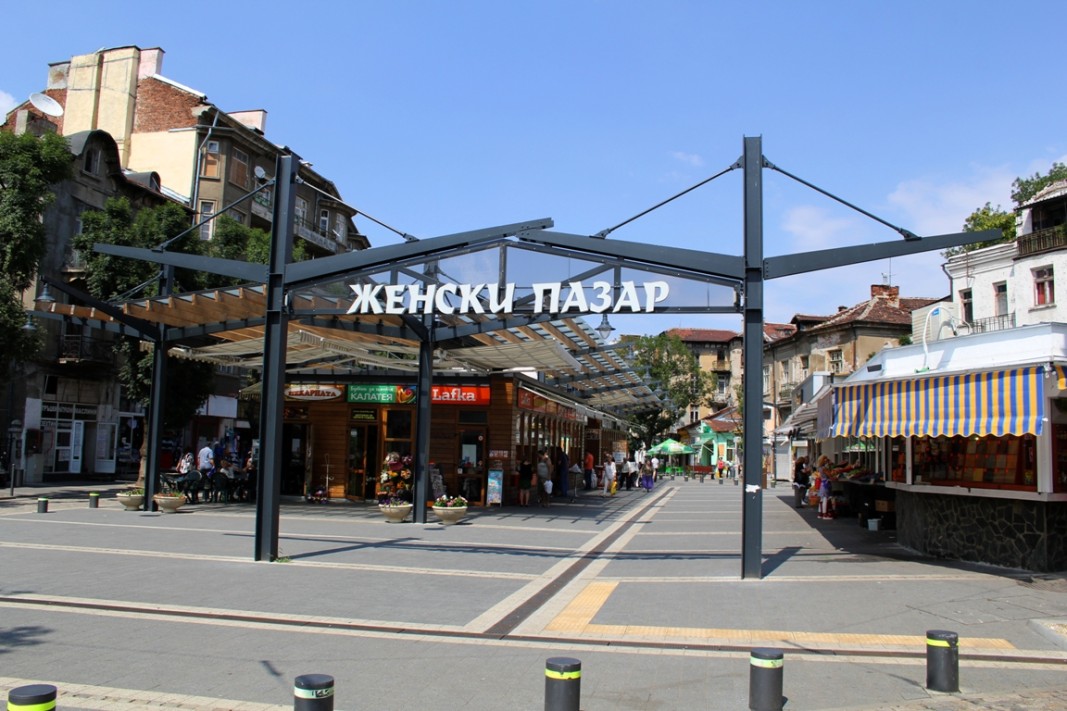
Photos: Mariana Valkanova, Maria Boyadzhieva, Serdika Gallery, Facebook/Women's Market
Още от БНР уеб







